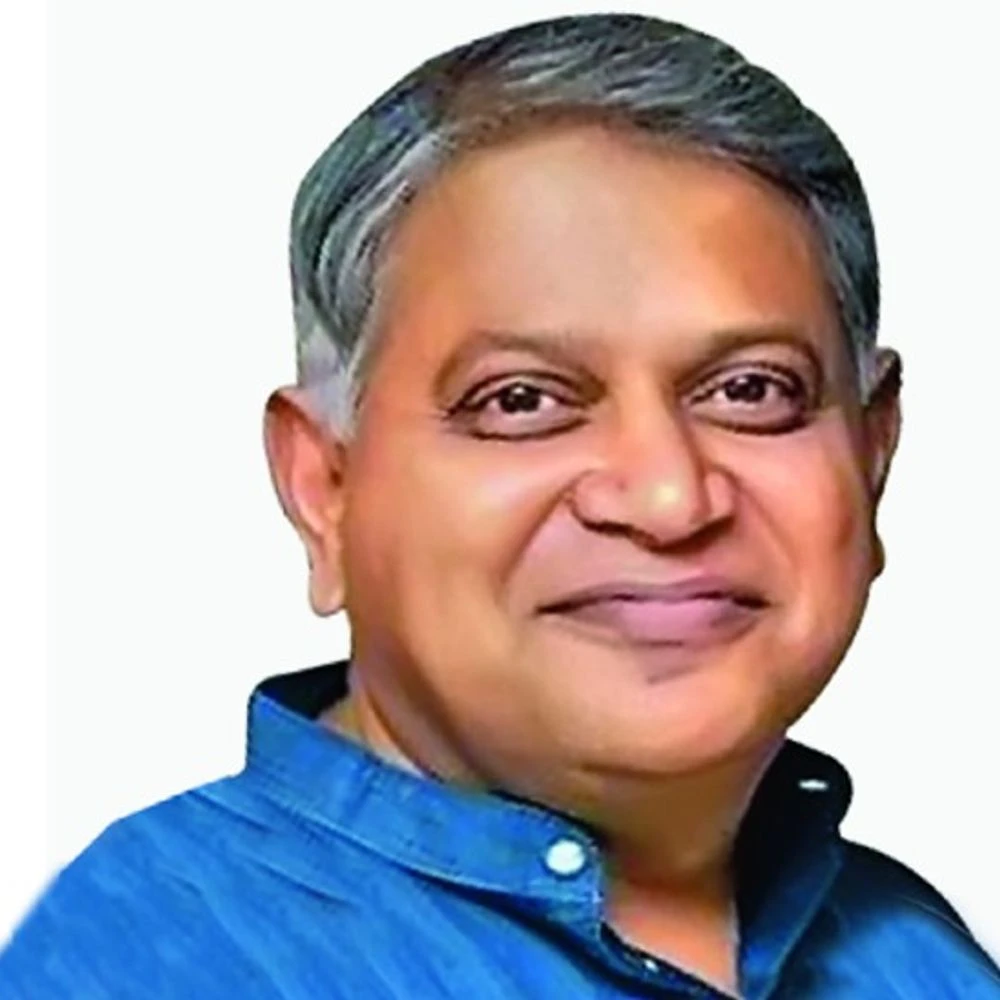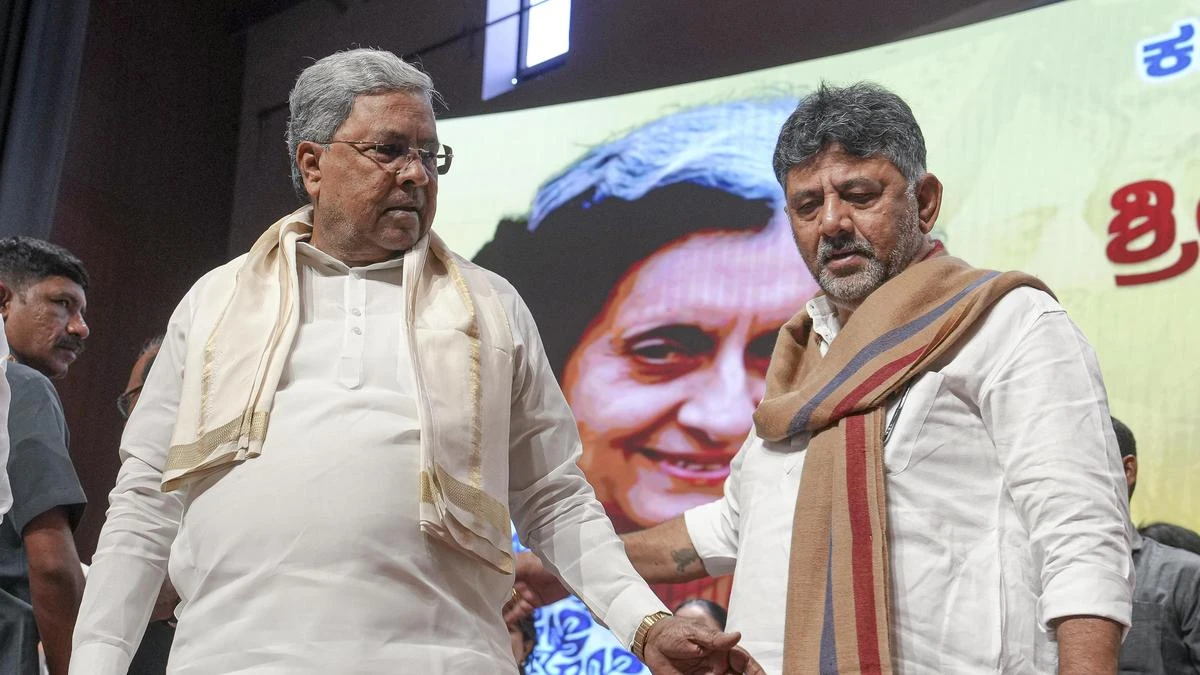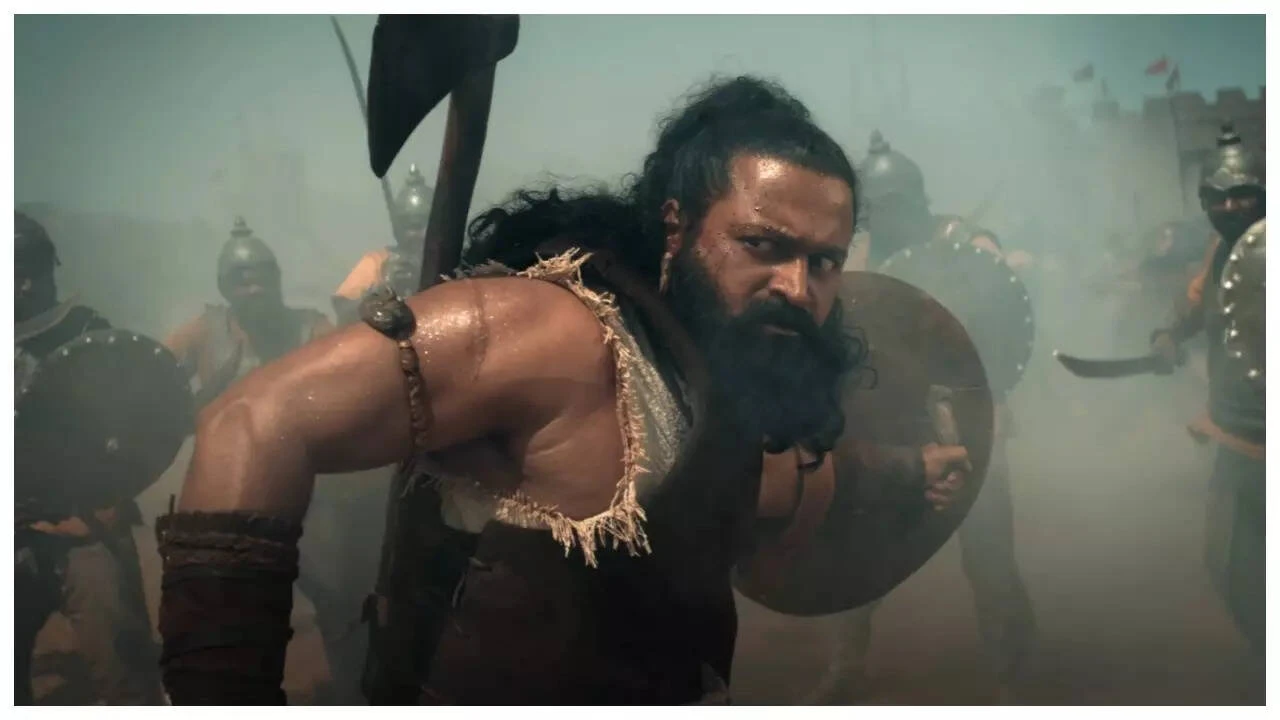He used to scold his children for keeping the room clean before going to school. Five years from now, new parents probably won't have to beat their heads with their children to teach them everyday chores. Because the machines of the future are taking tutorials from now on. Welcome to Karur, Tamil Nadu, which is 384 km from Chennai and 299 km from Bengaluru, India's Silicon City. Apart from the bodybuilding industry of buses, the city is famous for its textile industry, especially home furnishings and handlooms. In the last five years, new companies like 'Objectways' have been set up here. Here some young people in the age group of 25-30 years stand at the desk and start their jobs. First they make sure that the color of the table is correct and that the surrounding environment is in accordance with the American client. They then place the Go-Pro camera on their foreheads and move the hands in a methodical manner, to capture accurate footage of the human folding the towel. They have to lift each towel from the basket on the right side of the desk using only the right hand, straighten it in front with both hands and fold it in three times in a precise manner. Then every folded towel has to be placed in the left corner of the desk. If it takes more than a minute or a step is missed, they have to start again. Most of them are engineers and some are well-versed in towel folding. So they do this physical work in turn. Sometimes they have to delete 150 to 200 videos due to minor mistakes in folding and placing the towel. The company has more than 2,000 employees. Half of these label sensor data from automated cars and robotics. The rest work on generative AI. They drag boxes around different parts of the video. Tagging the towel marks whether the arm is running left or right. They classify every movement. All human movements are carefully choreographed, such as arm reaching, finger grasping, slipping of clothes. All of these steps of towel folding are captured for excellence. The capture videos are annotated by the team, which is called a batch of tutors for the AI-powered robots. Wondering who uses these videos? Companies from India, Brazil and Argentina are creating foundation models that are fit for the physical world. Ulrich Stieg Hansen, co-founder of San Francisco-based data management platform Encord, has a contract with Objectways to collect human demonstration data. Encord works with companies such as Physical Intelligence and Diana Robotics, assisted by Jeff Bezos. Tesla, Boston Dynamics and Nvidia are leading the race to develop next-generation robots in the US. This is a big resurgence in robotics. Developing countries like India have made thousands of videos like cooking, folding T-shirts, and plugging and unplugging cables. Just as most schools have stopped memorizing mountains and have started dodging them so that they can use mountains well in life, parents will no longer need to teach them how to fold clothes, clean tables, or organize books. Because just as the calculator helps children when they grow up, some robots will also help them with everyday household chores. The trick is that the physical education of machines on how to copy human activity will always continue, at least for a few more decades. Because humans have evolved with more efficiency to do any work. It will take time for the machines to do that.
0 thoughts on “N. Raghuraman's column: Right now your future machines are taking 'physical education'”
Leave a Reply
Your email address will not be published. Required fields are marked *
RECENT NEWS
- Laalo-Krishna Sada Sahaayate’ beats Chhaava to score the biggest 6th week of the year
- Tussle for leadership change in Karnataka intensifies as MLAs loyal to D. K. Shivakumar move to Delhi to put pressure on Congress high command
- Kantara 2 earns over Rs 621 crore in 50 days
- Divya confronts Mukesh Bhatt for his comments, shares call recording
- De De Pyaar De 2 falls short by almost Rs 10 crore to part 1's first week collection



















